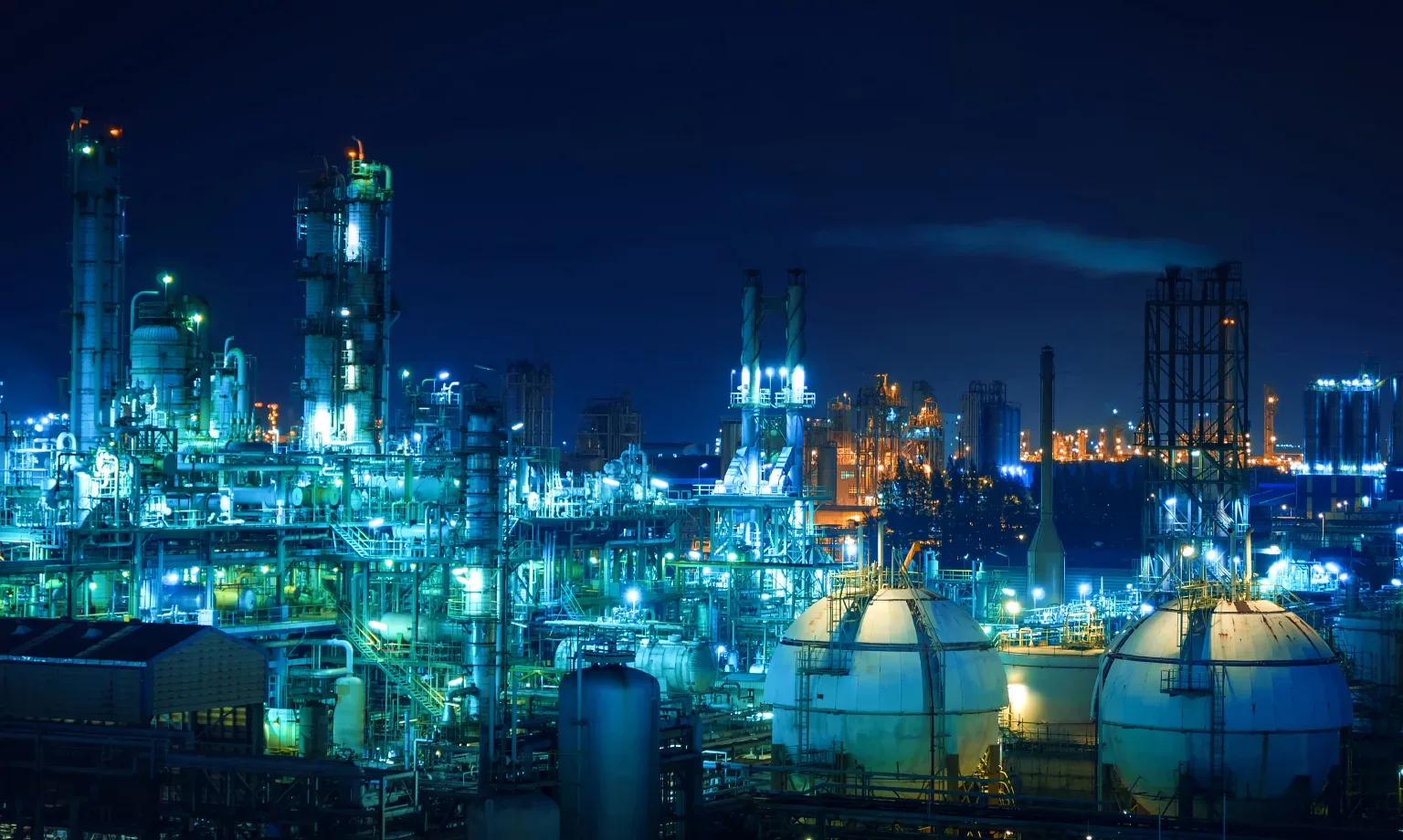Against a backdrop of considerable socioeconomic challenges, South Africa’s chemicals industry demonstrates enduring resilience as it continues to grow.
SPOTLIGHT ON SOUTH AFRICAN CHEMICALS
Due to its profitable manufacturing sector, and having historically capitalised on its abundant indigenous mineral resources, South Africa is today considered the most developed economy on the African continent.
Contributing to this is a diversified and highly mature chemicals industry, which accounts for around 25 percent of manufacturing sales.
The nation’s chemicals industry was initially founded in the late 19th century to meet the needs of an expanding mining sector. As a result of its ample coal supplies, South Africa is now recognised as one of the most cost-effective producers of ethylene and propylene, which are vital to the petrochemical supply chain.
Despite relative seclusion from global markets pre-1990 due to an isolationist apartheid philosophy, the three decades since have seen the South African chemicals industry thrive and experience a steady upward growth trajectory.
However, this success has not come without its challenges. Of late, load shedding, gas shortages, water supply issues, and infrastructure constraints have combined to present the South African investment climate as potentially problematic. As such, the industry at large currently depends on chemical imports to sustain it.
Having said this, the country’s primary and secondary chemical sectors, dominated by influential South African companies such as Sasol, African Explosives and Chemical Industries (AECI), and Dow Sentrachem, have recently expanded their interests in niche tertiary products, especially those with export potential.
It is hoped that an increased focus on manufacturing key chemicals and tertiary products locally will help reduce dependence on imports and improve the overall competitiveness of the sector.
In addition, emerging trends and opportunities in new chemical materials, hydrogen, shale gas, fluorspar beneficiation, and the manufacturing of titanium oxide pigments and fine chemicals all present exciting and realistic prospects for the continued growth of the South African chemicals industry.
These developments, alongside government initiatives such as the African Free Trade Area, introduced in 2021 to bolster employment opportunities and long-term economic growth on the continent, combine to facilitate a bright future for the South African chemicals industry.

Q&A WITH DEIDRE PENFOLD, EXECUTIVE DIRECTOR, CHEMICAL AND ALLIED INDUSTRIES ASSOCIATION
The Chemical and Allied Industries Association primarily seeks to boost productivity and competitiveness within the South African chemicals industry. As a multifaceted organisation, it is also concerned with the continued improvement of health, safety, and environmental considerations within the global chemicals market. Deidre Penfold, Executive Director, tells us more
Firstly, could you talk us through the origins and primary goals of the Chemical and Allied Industries Association?
Deidre Penfold, Executive Director (DP): The Chemical and Allied Industries Association (CAIA) was established in 1993, though its origins can be traced back to the Transvaal Manufacturers’ Association, which was formed over 60 years ago.
CAIA is a non-profit company in South Africa that represents the entire chemical value chain and has a long-standing history of delivering success. Its vision is to ensure the sound management of chemicals throughout their lifecycle.
It is committed to promoting the provision of sustainable, safe, and resource-efficient solutions that foster growth and safeguard future generations.
The organisation plays a prominent role in advocating the chemicals industry. It continuously engages in and makes submissions on legislation, policy, and regulations in the interests of the chemicals and related industries in South Africa.
In addition, CAIA actively participates in the global Responsible Care® initiative, which demonstrates its members’ commitment to excellence.
Responsible Care® is a recognised global voluntary programme that promotes the implementation of health, safety, security, and environment (HSSE) performance standards beyond the country’s existing legislation and policies.
This initiative aims to ensure that the chemicals industry is recognised by all stakeholders as responsible and beneficial to society, while remaining open, honest, accountable, and credible in all its dealings.
High-quality workshops, webinars, and seminars are offered, including various committees and forums that provide members with the opportunity to network and share information and best practices.
The association participates actively in regional and international meetings to raise industry awareness and contribute to regional and global discussions.
CAIA is a member of the International Council of Chemical Associations (ICCA) and their various leadership groups, the International Chamber of Commerce (ICC), the Organisation for the Prohibition of Chemical Weapons (OPCW), and is affiliated with the United Nations Environment Programme (UNEP).
Attendance of various conventions in Basel, Stockholm, and Rotterdam, the Montreal Protocol, and an international legally binding instrument on plastics pollution, including in the marine environment, demonstrates CAIA’s global outreach.
In addition, its involvement in the International Conference of Chemicals Management (ICCM), now renamed the Global Chemicals Framework, is critical for expressing the industry’s viewpoint and promoting due diligence involving relative subject matters.
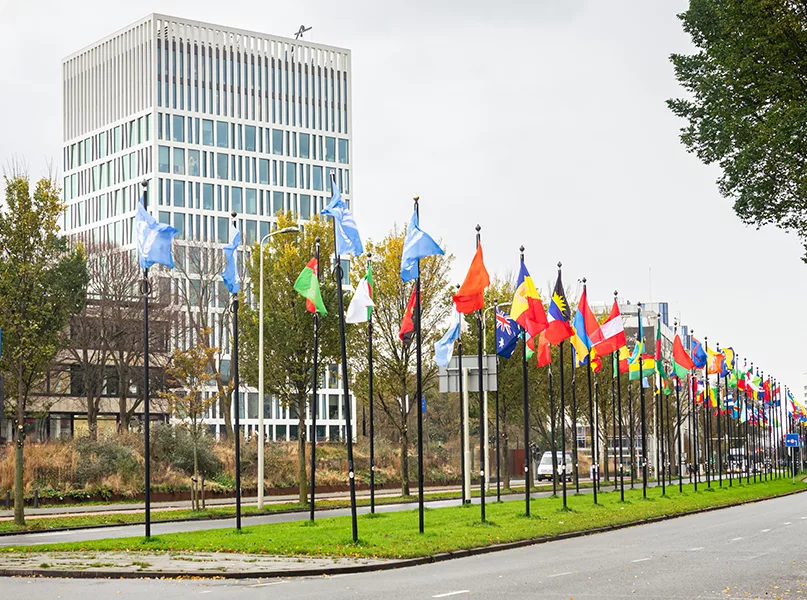
What is your current take on the chemical and allied industries in South Africa? Is it a particularly exciting or challenging environment to work in?
DP: The environment is very challenging, given that South Africa does not currently present itself as a business-friendly destination.
The areas of concern relate to the unstable supply of electricity, potential gas shortages, water challenges, infrastructure constraints, and problems at the ports of entry. These issues result in the manufacturing sector not competing in the global market, with the majority of feedstock being imported by South African companies.
Who is CAIA membership open to, and what are the key benefits of membership?
DP: CAIA represents companies throughout the chemical value chain. Members are small, medium, and large companies drawn from base chemicals, fertilisers, plastics in primary form, pesticides and other agricultural products, explosives, and speciality chemicals. These companies, which include multinationals, improve the health, safety, and productivity of products to enhance quality of life.
CAIA’s members form one of the most active networks of the business community in South Africa, complemented by partnerships with government and other industry associations that represent various sectors in the chemicals value chain.
Benefits of CAIA membership include opportunities to meet with the government through advocacy activities and events; support on occupational health and safety (OHS) and environmental guidelines; assistance in upskilling employees through CAIA training courses; representation at the South African Bureau of Standards (SABS); access to key business information and regulatory alerts; maximum legal compliance at minimum cost through seminars and workshops; and sharing industry best practices.
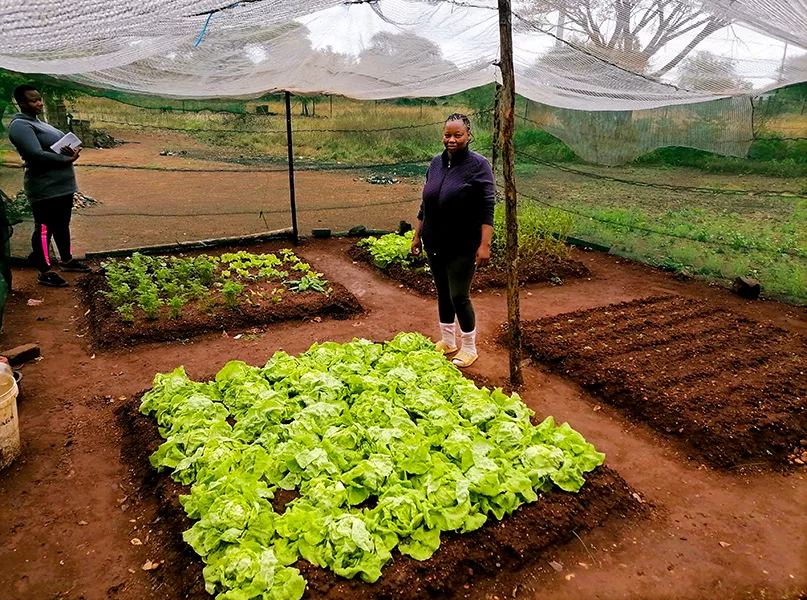
How does CAIA seek to promote the sustainability of the chemicals industry in South Africa?
DP: CAIA members commit to the Responsible Care® initiative’s guiding principles and codes of management practice, covering all aspects of their businesses and product lifecycles, leading to safer and more sustainable products and processes.
Chemistry plays an essential role in driving progress across the three dimensions of sustainable development (environmental, social, and economic), whilst helping to address the world’s most pressing sustainability challenges.
Responsible Care® enables chemical and related industries to foster sustainable development practices, community relationships, and a culture of continuous improvement.
CAIA members have committed to transparency and improvement processes, in which companies are measured against key performance indicators (KPIs) such as emissions and waste output, water and electricity usage, transportation capabilities, and health and safety processes. The data provided by companies must align with the UN’s Sustainable Development Goals (SDGs).
Through its ICCA membership, the association is committed to promoting progress towards the UN’s SDGs. From basic needs such as clean water, to innovative technologies related to clean energy, process safety, and climate change, CAIA and its members are indeed at the forefront of sustainable development solutions.
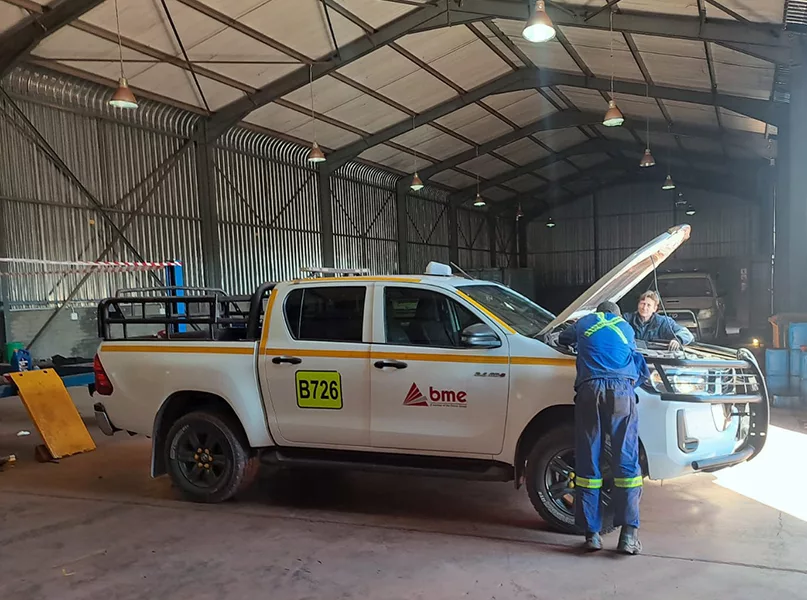
How extensively is CAIA involved in contributing, advising, and commenting on policy, legislation, and regulatory frameworks which may affect the chemicals industry?
DP: CAIA is a strong lobbyist in the advocacy space, influencing, shaping, and engaging in current and proposed legislation, policy, regulations, and standards that affect the entire chemical value chain.
It presents its submissions before the South African parliament, the highest national decision-making body.
How do you see the chemical and allied industries developing in South Africa over the next five years?
DP: The manufacturing sector of the value chain is likely to shrink in South Africa if the economic conditions don’t improve and the country does not become more competitive globally.
However, there are niche industries setting up, allowing smaller businesses to grow within the sector.
With regards to the management of chemicals and the waste sector, growth is expected to continue in the next five years.
CAIA provides training on a variety of topics that are presented to companies and government departments as tailor-made to address their specific needs, thus expanding the industry’s overall footprint.
In addition, the Safety and Quality Assessment for Sustainability (SQAS) management system is a globally recognised assessment system that evaluates the HSSE, quality, and corporate social responsibility (CSR) aspects of LSPs to achieve supply chain excellence.
In 2017, CAIA launched SQAS-AFRICA, which is available across the continent. With this assessment system in place, chemical companies will be able to manage and improve the performance of LSPs entrusted to the company for the transportation of their products.
The development and implementation of sound chemical management systems within African countries is key to promoting the chemical sector as a responsible industry that provides a wide range of benefits to all areas of the economy.
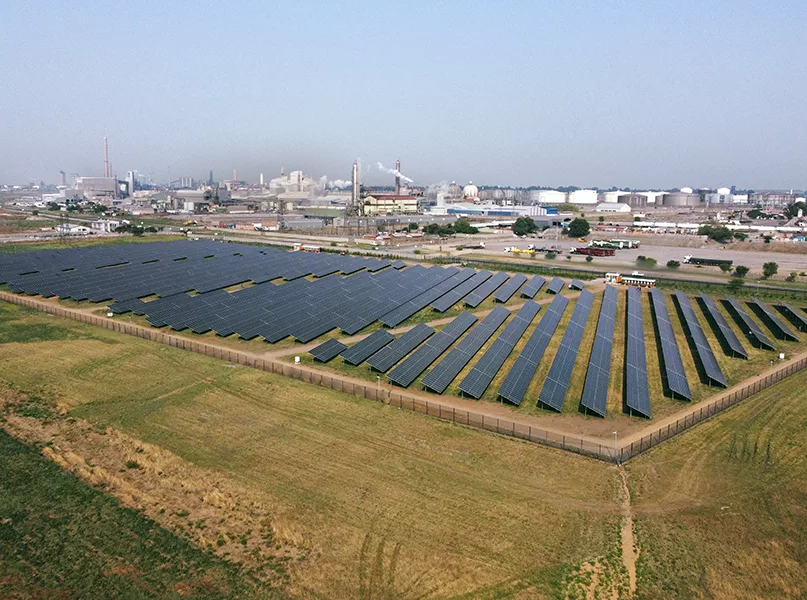
Finally, what are CAIA’s key priorities to continue representing the chemical and allied industries in South Africa?
DP: To provide sound management of chemicals throughout their lifecycle, raise and promote the profile of the chemical supply chain and its vital role in society, and provide training and awareness in the form of events and practical interactions to showcase the chemical and related industries.
We wish to continue lobbying and advocating agreed-upon positions, policies, and legislation in the interests of the chemical supply chain to ensure that regulations, policies, and standards are realistic and implementable.
Our actions will fortify the safe management of chemicals and ensure that the government has the requisite capacity, skills, and tools to drive and monitor implementation.
We support our members to trade nationally, regionally, and globally in an economically viable and sustainable environment, whilst engaging in relevant national, regional, and international events.



